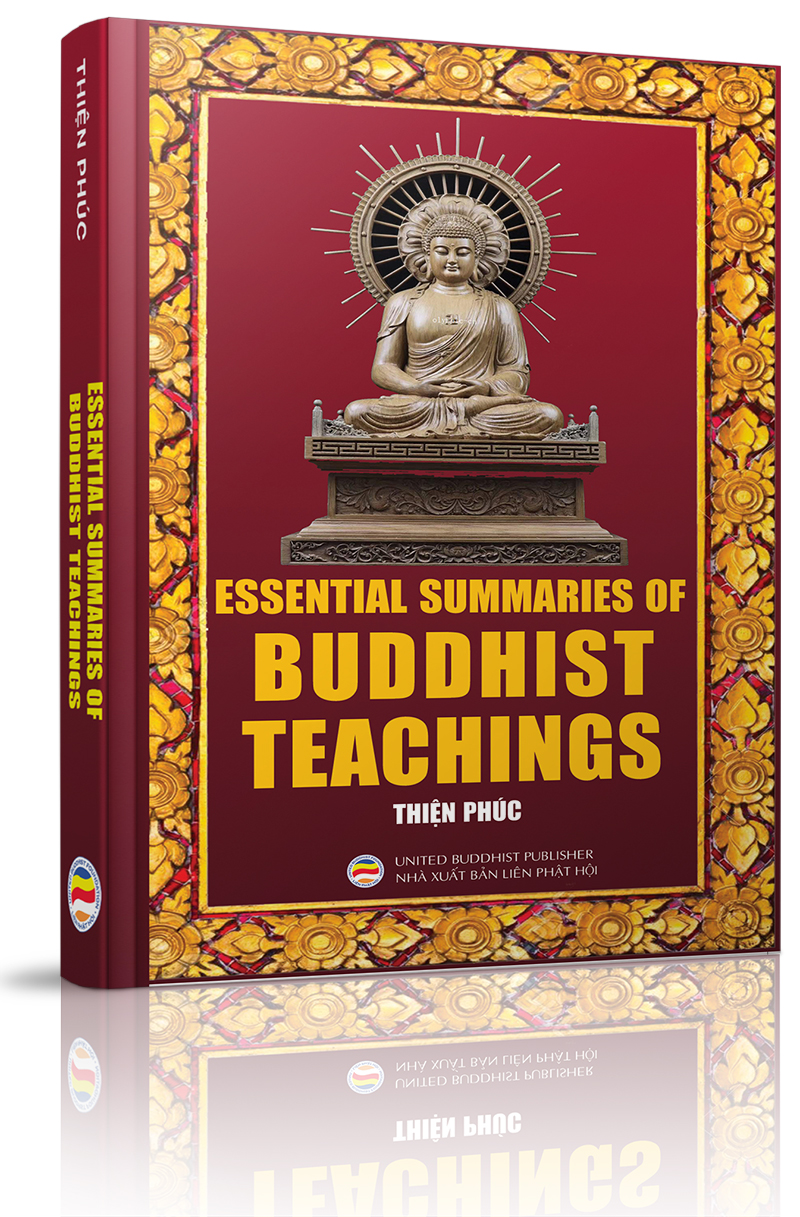Sự toàn thiện không thể đạt đến, nhưng nếu hướng theo sự toàn thiện, ta sẽ có được sự tuyệt vời. (Perfection is not attainable, but if we chase perfection we can catch excellence.)Vince Lombardi
Sự ngu ngốc có nghĩa là luôn lặp lại những việc làm như cũ nhưng lại chờ đợi những kết quả khác hơn. (Insanity: doing the same thing over and over again and expecting different results.)Albert Einstein
Hãy tự mình làm những điều mình khuyên dạy người khác. Kinh Pháp cú
Mục đích chính của chúng ta trong cuộc đời này là giúp đỡ người khác. Và nếu bạn không thể giúp đỡ người khác thì ít nhất cũng đừng làm họ tổn thương. (Our prime purpose in this life is to help others. And if you can't help them, at least don't hurt them.)Đức Đạt-lai Lạt-ma XIV
Ngay cả khi ta không tin có thế giới nào khác, không có sự tưởng thưởng hay trừng phạt trong tương lai đối với những hành động tốt hoặc xấu, ta vẫn có thể sống hạnh phúc bằng cách không để mình rơi vào sự thù hận, ác ý và lo lắng. (Even if (one believes) there is no other world, no future reward for good actions or punishment for evil ones, still in this very life one can live happily, by keeping oneself free from hatred, ill will, and anxiety.)Lời Phật dạy (Kinh Kesamutti)
Bất lương không phải là tin hay không tin, mà bất lương là khi một người xác nhận rằng họ tin vào một điều mà thực sự họ không hề tin. (Infidelity does not consist in believing, or in disbelieving, it consists in professing to believe what he does not believe.)Thomas Paine
Chúng ta có thể sống không có tôn giáo hoặc thiền định, nhưng không thể tồn tại nếu không có tình người.Đức Đạt-lai Lạt-ma XIV
Nếu chuyên cần tinh tấn thì không có việc chi là khó. Ví như dòng nước nhỏ mà chảy mãi thì cũng làm mòn được hòn đá.Kinh Lời dạy cuối cùng
Mỗi ngày khi thức dậy, hãy nghĩ rằng hôm nay ta may mắn còn được sống. Ta có cuộc sống con người quý giá nên sẽ không phí phạm cuộc sống này.Đức Đạt-lai Lạt-ma XIV
Của cải và sắc dục đến mà người chẳng chịu buông bỏ, cũng tỷ như lưỡi dao có dính chút mật, chẳng đủ thành bữa ăn ngon, trẻ con liếm vào phải chịu cái họa đứt lưỡi.Kinh Bốn mươi hai chương
Nghệ thuật sống chân chính là ý thức được giá trị quý báu của đời sống trong từng khoảnh khắc tươi đẹp của cuộc đời.Tủ sách Rộng Mở Tâm Hồn
Trang chủ »» Danh mục »» TỦ SÁCH RỘNG MỞ TÂM HỒN »» Essential Summaries of Buddhist Teachings »» Chapter Six. Buddhist Cosmology »»
 Xem Mục lục
Xem Mục lục  Vietnamese || Đối chiếu song ngữ
Vietnamese || Đối chiếu song ngữ

DO NXB LIÊN PHẬT HỘI PHÁT HÀNH
Mua sách qua Amazon sẽ được gửi đến tận nhà - trên toàn nước Mỹ, Canada, Âu châu và Úc châu.
Quý vị đang truy cập từ IP 216.73.216.157 và chưa ghi danh hoặc đăng nhập trên máy tính này. Nếu là thành viên, quý vị chỉ cần đăng nhập một lần duy nhất trên thiết bị truy cập, bằng email và mật khẩu đã chọn.
Chúng tôi khuyến khích việc ghi danh thành viên ,để thuận tiện trong việc chia sẻ thông tin, chia sẻ kinh nghiệm sống giữa các thành viên, đồng thời quý vị cũng sẽ nhận được sự hỗ trợ kỹ thuật từ Ban Quản Trị trong quá trình sử dụng website này.
Việc ghi danh là hoàn toàn miễn phí và tự nguyện.
Ghi danh hoặc đăng nhập